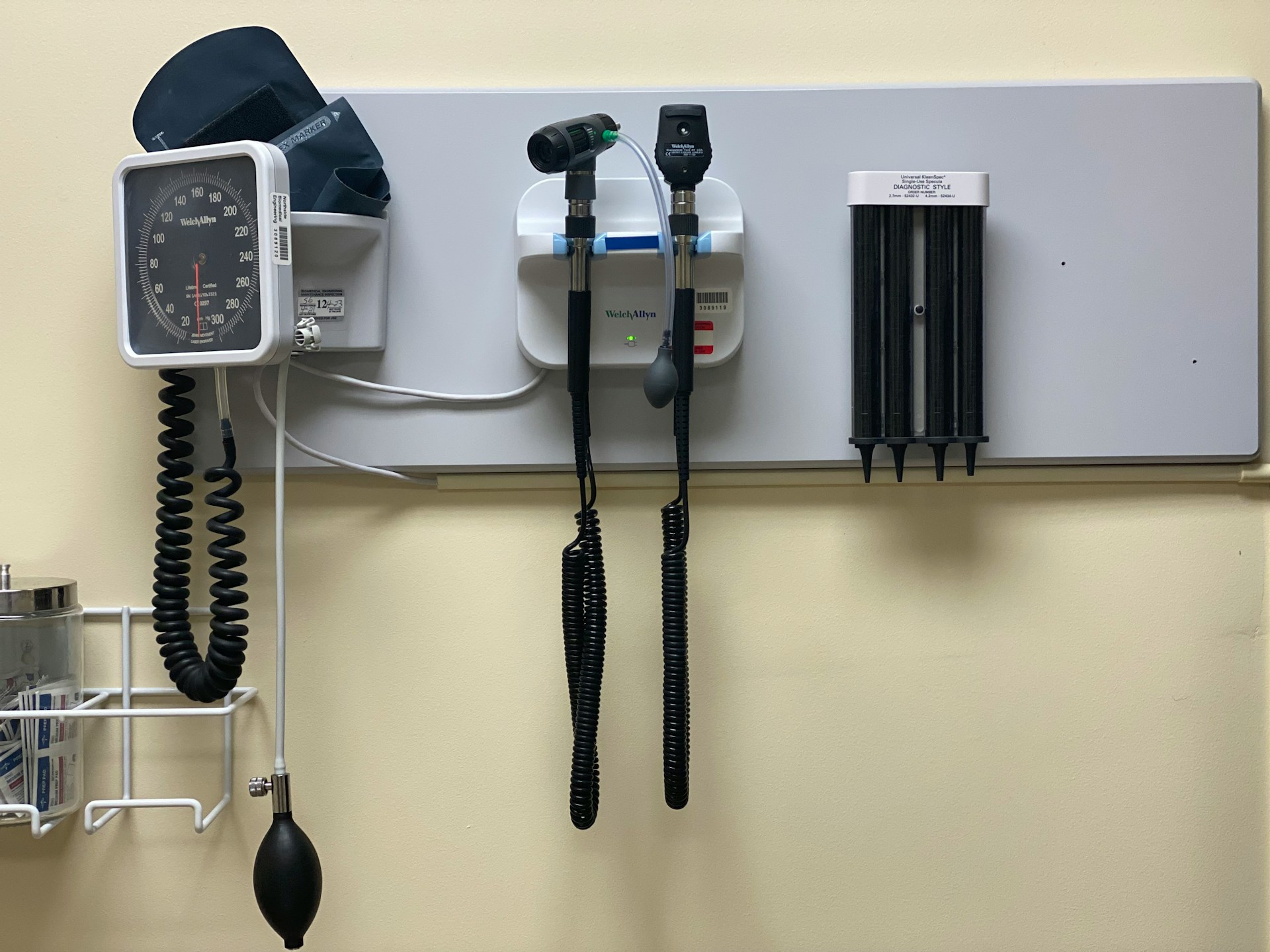Dr Darren Hudson highlights the importance of Public and Patient Involvement and Engagement (PPIE) funding in supporting his team’s application for the NIHR Team Science Award. By working with PPIE representatives from conception of the work, the team’s proposal could be grounded in the needs of those with lived experience, and encourage meaningful change.
Amount of award: £200
Our NIHR Team Science Award application is centred around understanding and addressing the limitations of risk prediction tools and clinical guidelines, particularly for underserved and minoritised groups. From the outset, the development of our proposal has been shaped by Ben, our dedicated PPIE representative. Drawing from his own experience of misdiagnosis and systemic barriers, Ben helped highlight how these tools can fall short for those who don’t fit the ‘typical’ patient profile. His insights brought the team’s attention to the importance of equity, inclusivity, and the need for research that doesn’t just reflect data, but real lives.
Using PPIE funding, we embedded Ben meaningfully within the team from the earliest stages. He participated in team discussions, co-developed the rationale for the proposed work, and shaped the design of our systematic scoping review. His contributions also helped us to identify the support required, both for him and for any future PPIE representatives, for effective engagement. By working alongside researchers, Ben’s perspective ensured our approach would be relevant, practical, and responsive to the needs of those often overlooked in healthcare research.
One of the most significant learning points from this project was the importance of creating structures that enabled meaningful PPIE. While involving someone with lived experience from the outset was immensely valuable, it required us to be thoughtful about our communication and support. Through tailored onboarding, mentorship, and plain-language resources, we were able to create an inclusive environment where Ben could contribute with confidence. Treating PPIE contributors not as external advisors but as embedded collaborators within the team worked particularly well, and we are keen to continue this moving forwards.
For Ben, the process provided an empowering opportunity to use his lived experience to directly shape healthcare research. For our team, Ben’s contributions enhanced the clarity, relevance, and equity focus of our proposal. His perspective sharpened our understanding of where risk prediction tools can perpetuate bias and exclusion, and how we might address this. For wider public and patient communities, we hope that Ben’s involvement signals our commitment to inclusive, person-centred research, and demonstrates how the voices of those most affected help drive both questions and solutions.
Following our success acquiring funding for the Team Science Award, Ben and other PPIE representatives will remain integral to every stage of this programme. They will contribute to the interpretation of research fundings, co-development of research questions, and shape both dissemination and evaluation processes. As part of our Team Science Award plan, we’ve built in structured induction, mentoring, and training to support meaningful involvement throughout. We believe this approach will not only strengthen the impact of our research but also model a more inclusive and collaborative way of doing science where expertise is shared, and all voices matter.
Photo by Lanta Greece on Unsplash.

